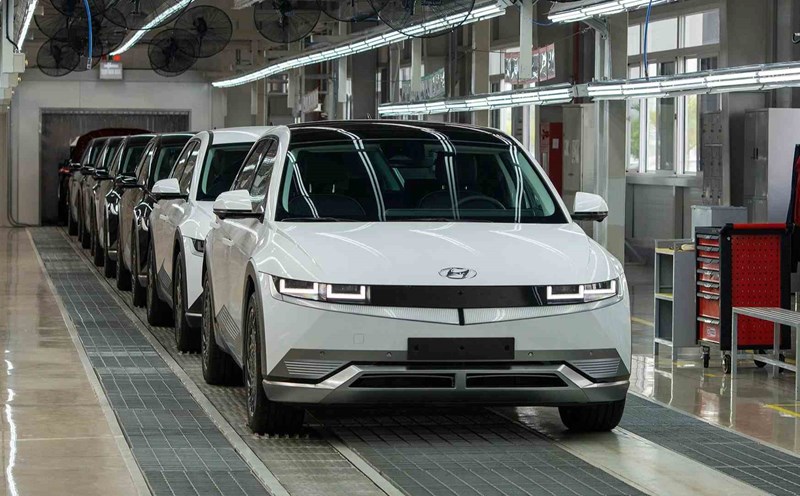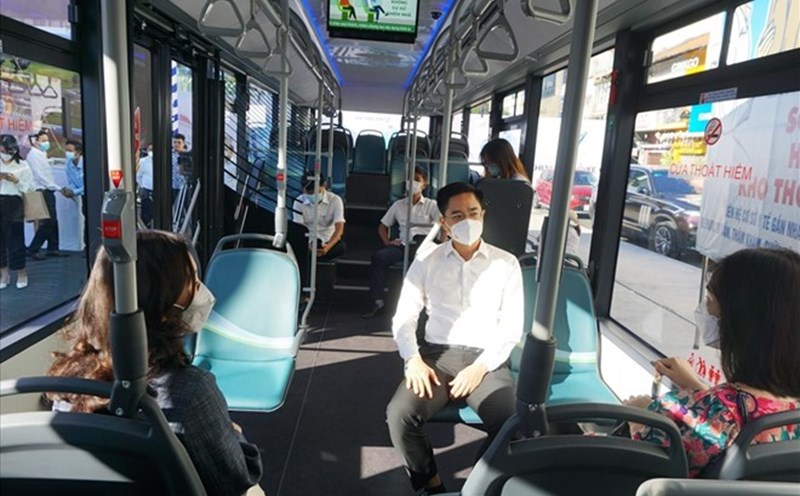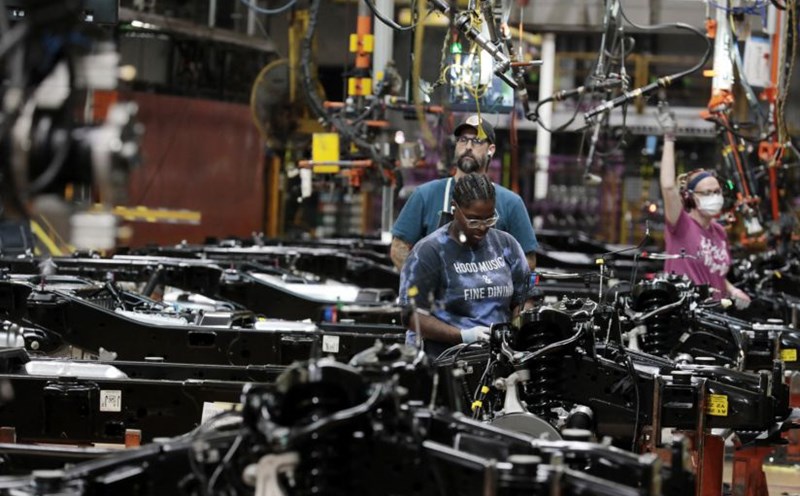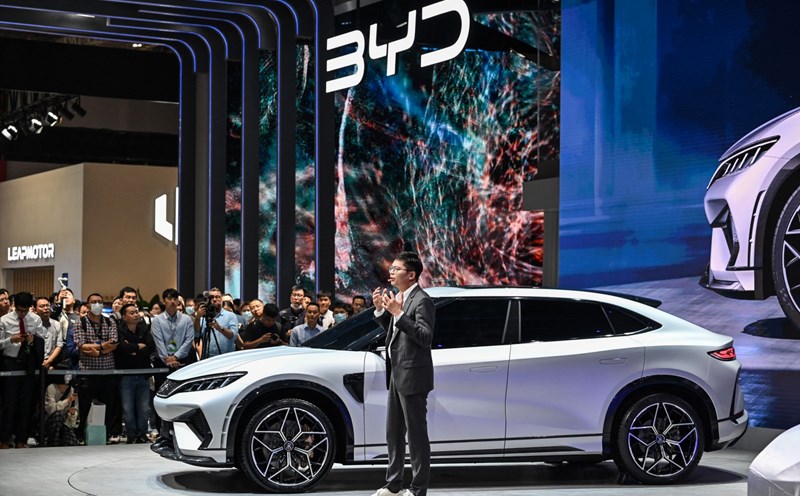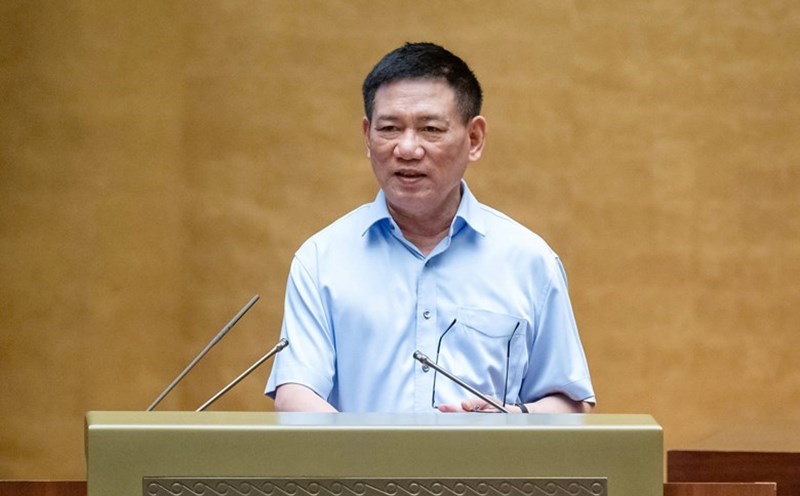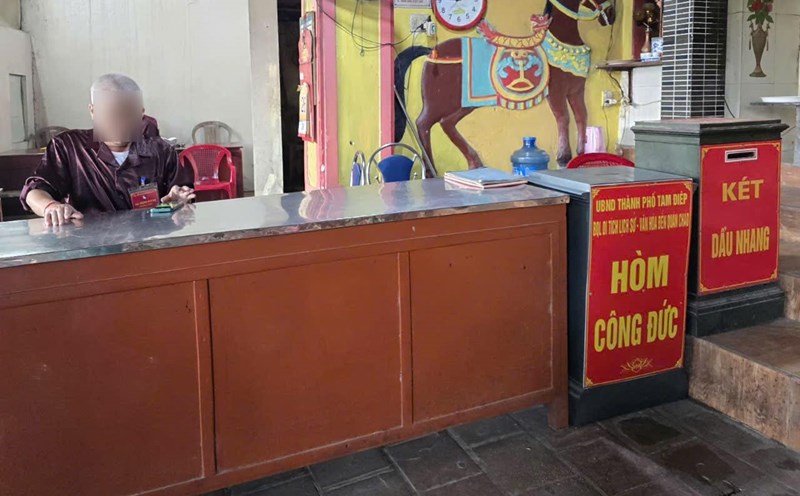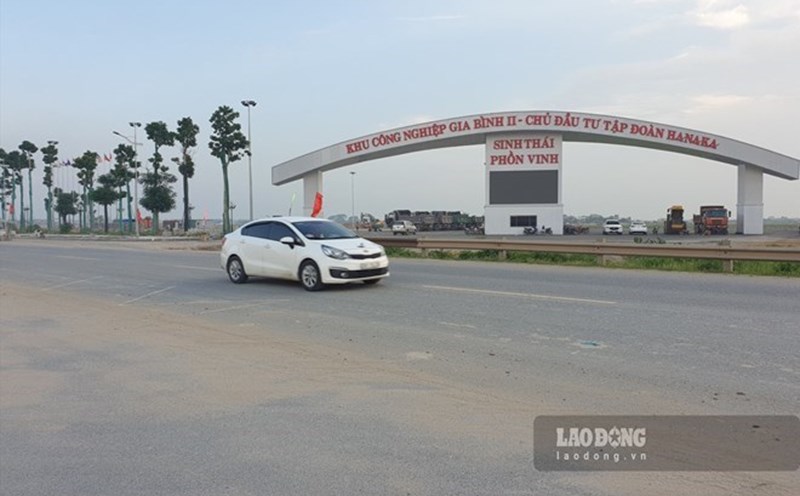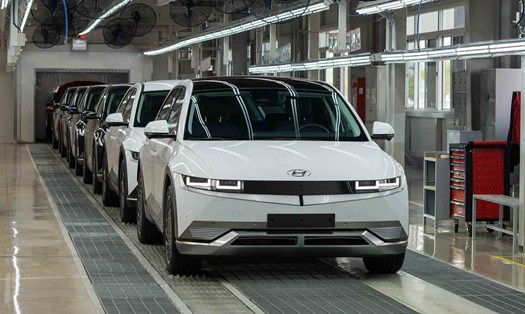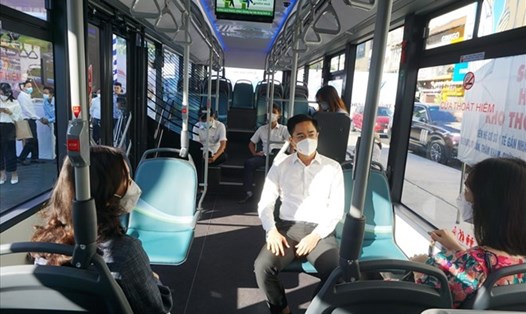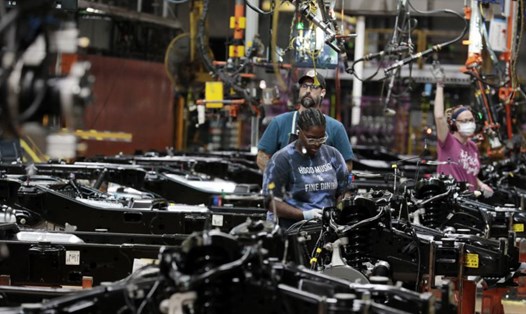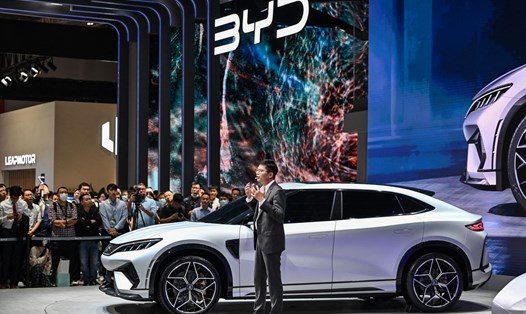Currently, to support the development of electric vehicles, the Government has issued preferential policies such as: 0% registration fee exemption for new vehicles (from March 2022 to March 2025); The special consumption tax for electric vehicles is reduced from 15% to 3%, applicable until February 28, 2027.
These policies have contributed to promoting the development of the electric vehicle industry in Vietnam. However, compared to other countries in the region and the world, Vietnam still needs more breakthrough policies for clean energy vehicles, especially electric vehicles.
In a report on policies to encourage the production and use of electric cars, the Ministry of Industry and Trade said that while Vietnam lacks policies to develop electric cars, Southeast Asian countries such as Thailand and Indonesia attaches great importance to the development of this vehicle line and strives to become the electric vehicle factory of ASEAN .
In Thailand, since 2016, the Government of this country has launched a general roadmap to develop electric vehicles and approved a tax incentive plan for electric vehicle production. By 2036, Thailand aims to increase the number of electric cars to 1.2 million and have 690 charging stations operating across the country.
The Thai government also announced changes to special consumption tax rates to encourage the development of electric vehicles. The special consumption tax rate for electric vehicle development is currently 2%, while previously it was 10%.
Another country in Southeast Asia with an extremely preferential electric vehicle policy is Indonesia. In August 2019, the President of Indonesia issued Decree No. 55 on the Program to accelerate the development of electric vehicles for road traffic with special incentives for localized electric vehicles.
The Indonesian government is required to gradually implement local content requirements for the electric vehicle industry. In the period 2022 to 2023, the minimum localization rate is more than 40%, in the period 2024 to 2029 it is at least 60%, after 2030, it is at least 80%.
In June 2019, Toyota announced its plan to produce electric vehicles in Indonesia within 4 years and committed to pouring about 2 billion USD to deploy hybrid vehicle (HEV) production for the Indonesian market and export.
In China, as early as 2012, the Government announced that the production and sales target of electric and hybrid vehicles was over 500,000 vehicles by 2015 and over 5 million vehicles by 2020.
By early 2019, Tesla started construction on a $5 billion electric vehicle factory in Shanghai, China. In the first phase, this facility can produce 250,000 vehicles per year, including Model 3 and Model Y models. Later, the factory's capacity can be doubled and electric vehicles from China are now exported to Asia. Asia and Europe.
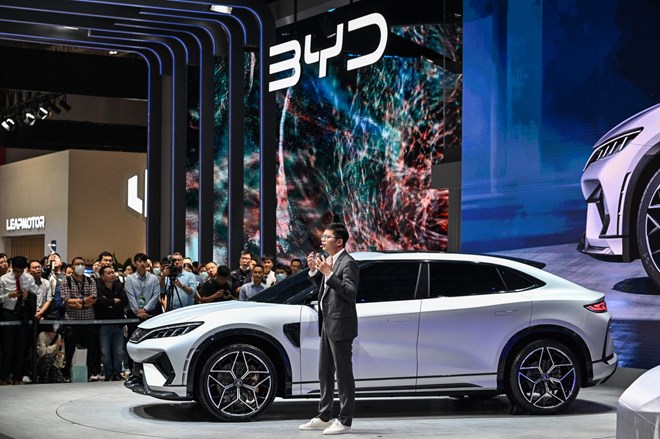
Japan, the world's leading automobile manufacturing power, in recent years has promoted the use and development of hybrid vehicles (HEV) and further research into hydrogen-powered vehicles (FCEV). ).
In France, from January 1, 2023, buyers of electric vehicles in France with a price not exceeding 47,000 Euro (equivalent to about 1.2 billion VND) will receive a government subsidy of up to 5,000 Euro (equivalent to about 131 million VND). ) and up to 7,000 Euro (equivalent to about 183 million VND) for special cases. This is a support amount under the "Green Promotion" program applied by the French government to promote the electric vehicle market.
In the US, electric vehicle buyers receive many different incentives such as tax credit extensions, upfront discounts, or discounts on car chargers and home installation costs. The government also set limits on electric vehicle prices and reduced used electric vehicle prices.
Even in the Netherlands, the government has exempted all vehicle purchase taxes and motor vehicle taxes until 2024 for fully electric vehicles. Businesses purchasing and using electric vehicles are also supported by the zero emission commercial vehicle subsidy (SEBA) scheme. European countries such as England, France, Germany, and Norway also offer tax-free incentives for electric vehicles and provide people with economic support when buying and using this type of vehicle.

